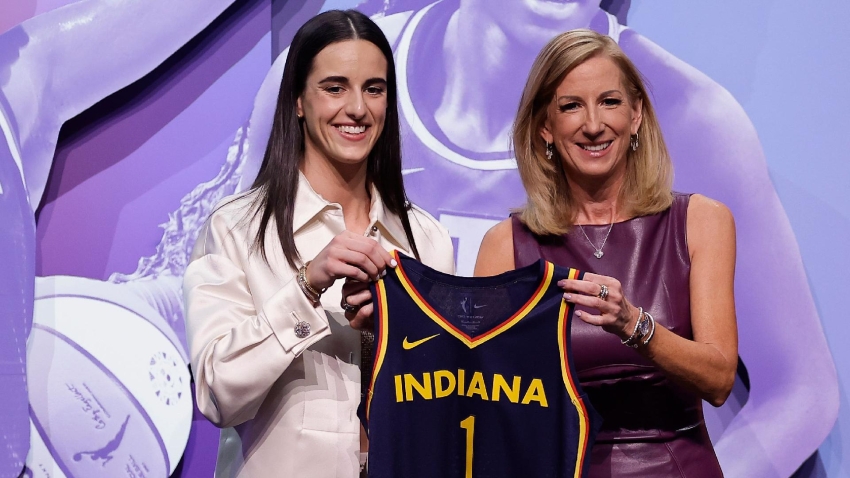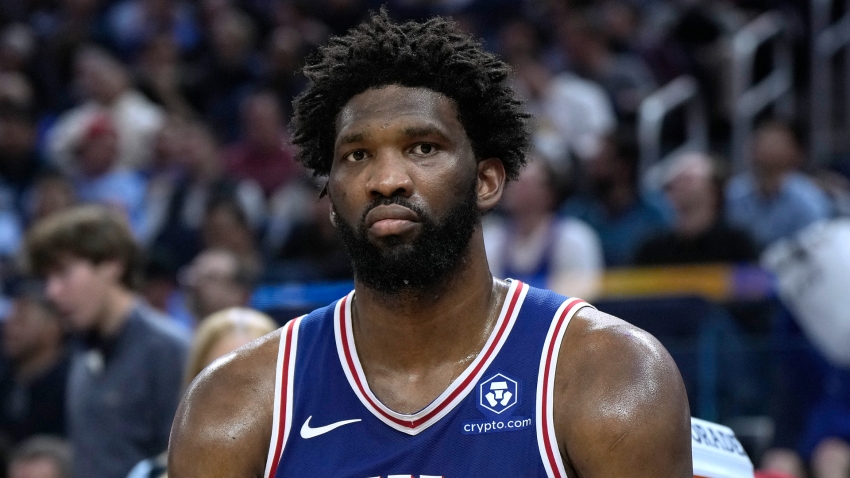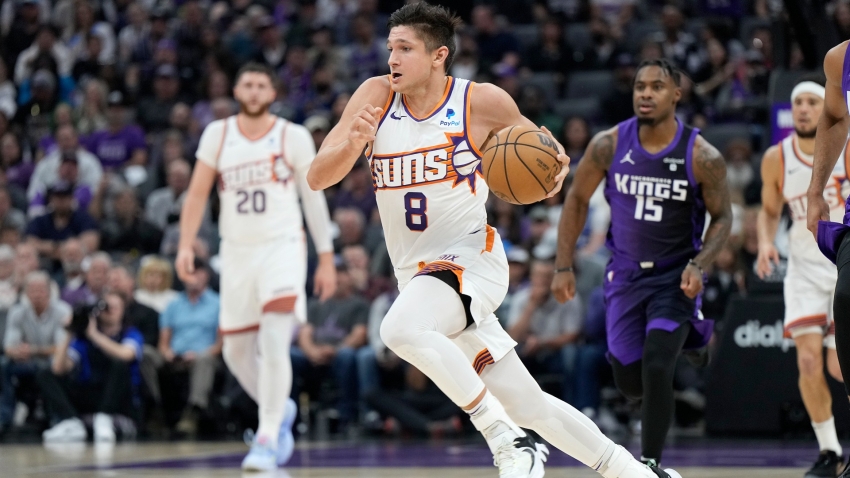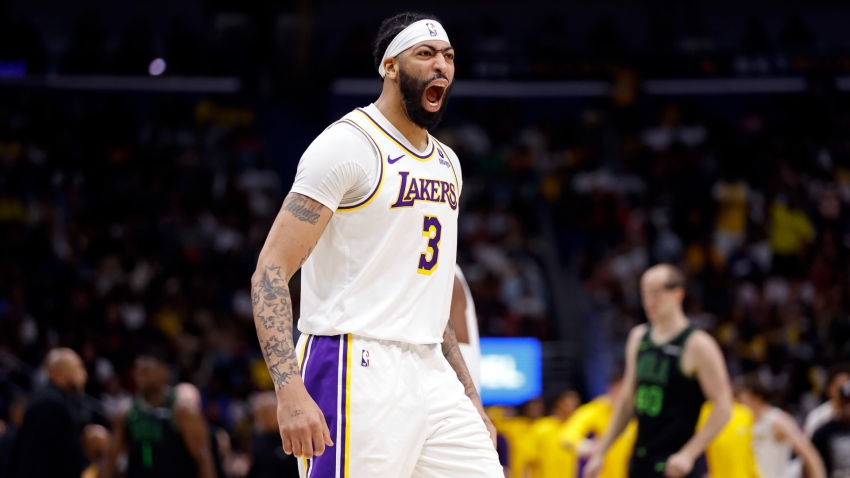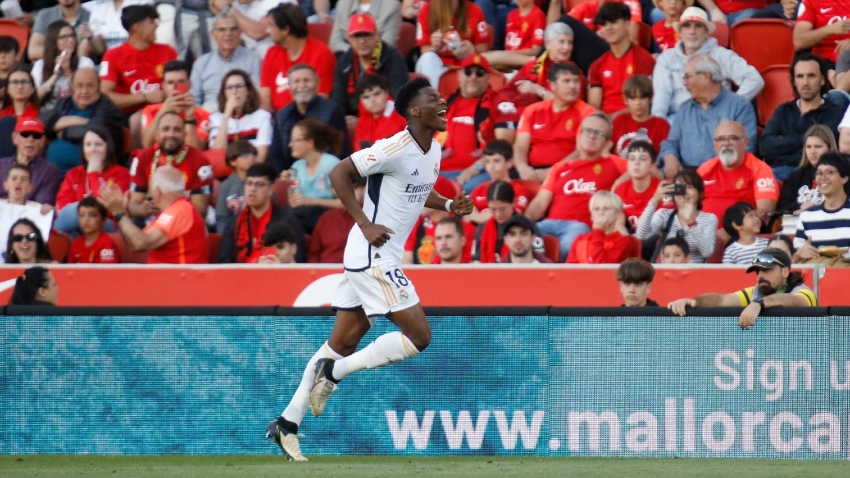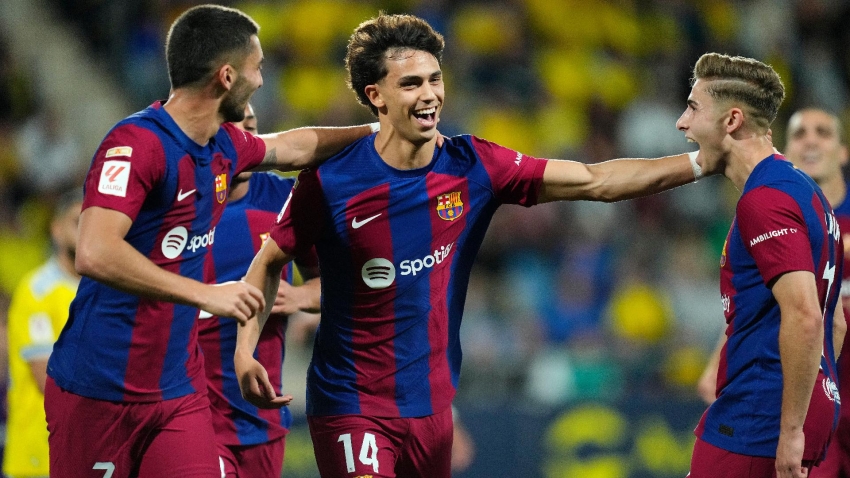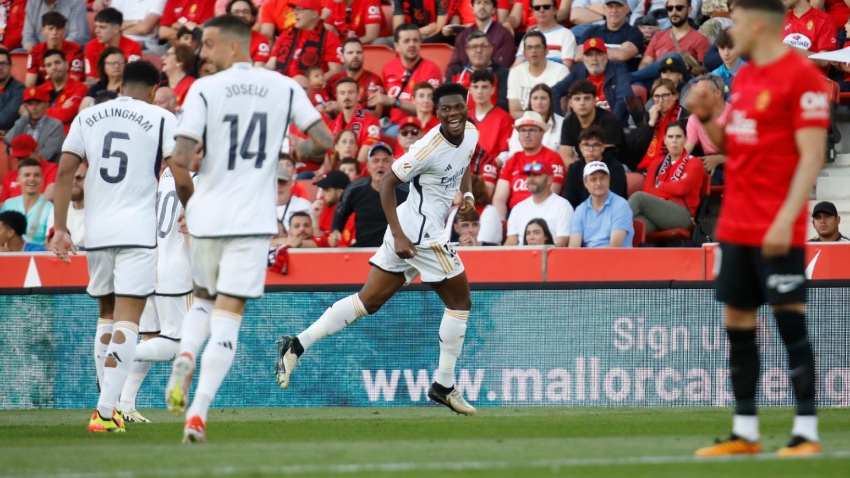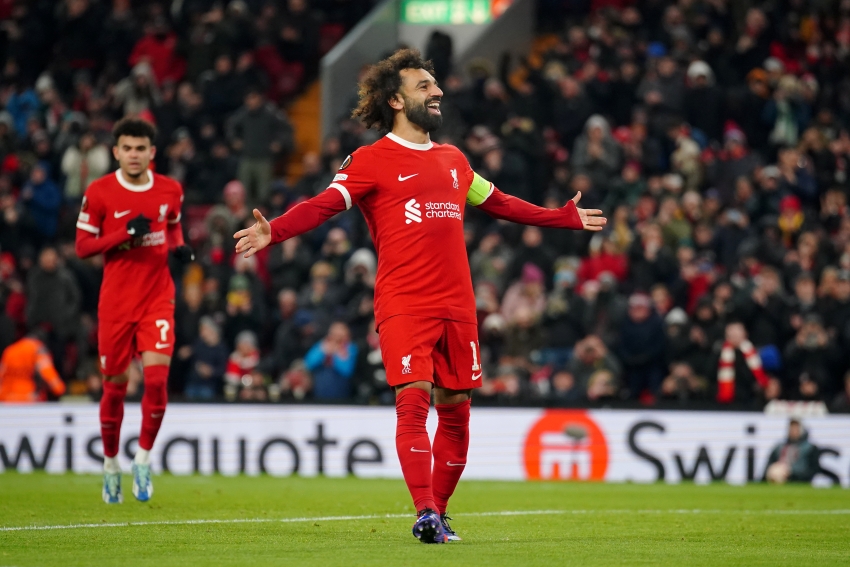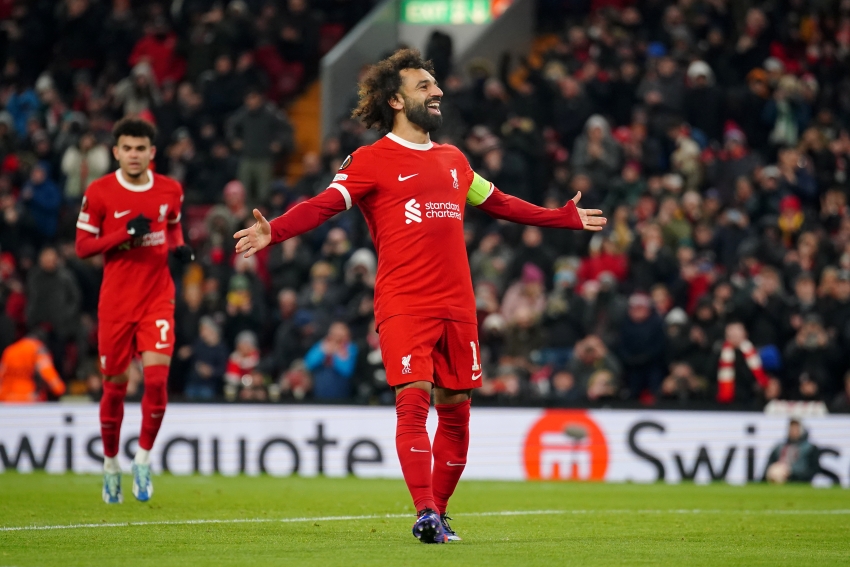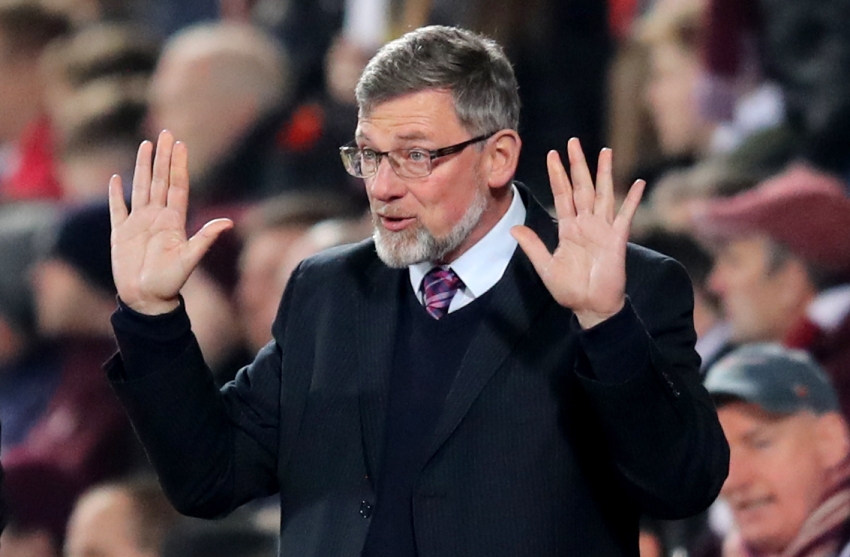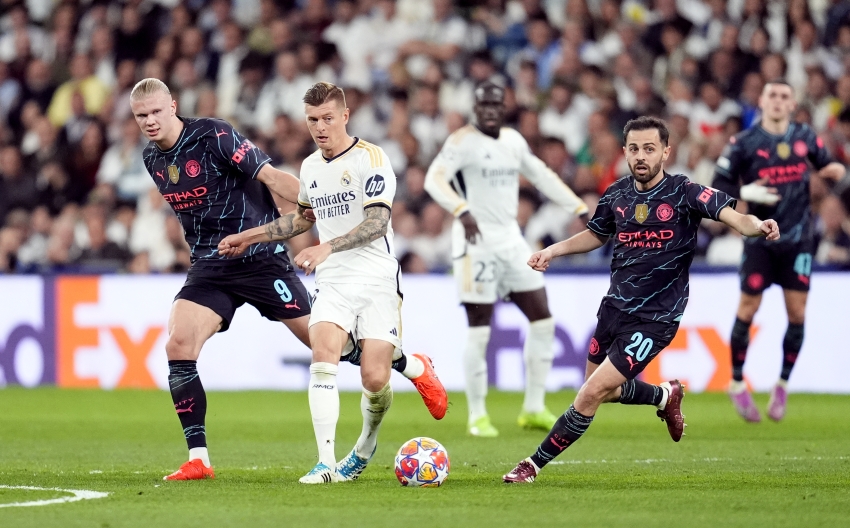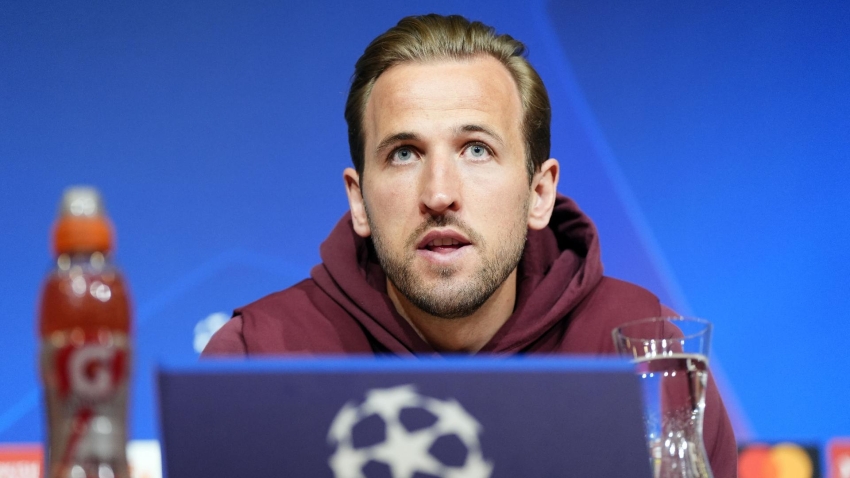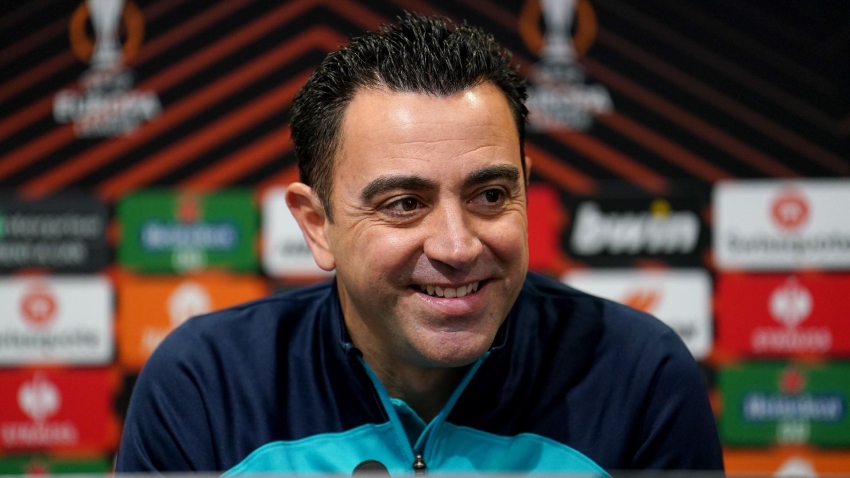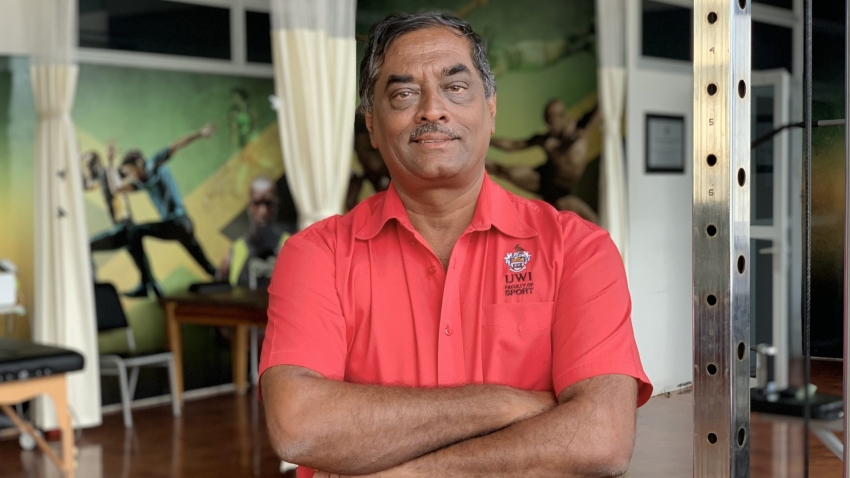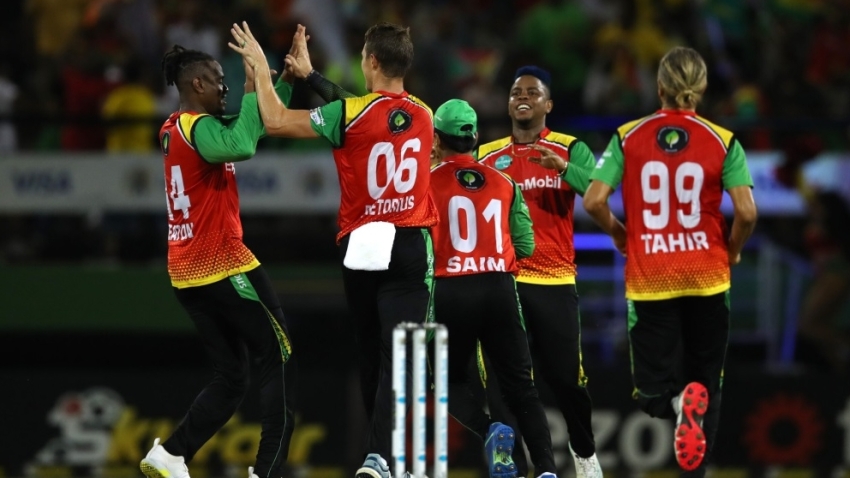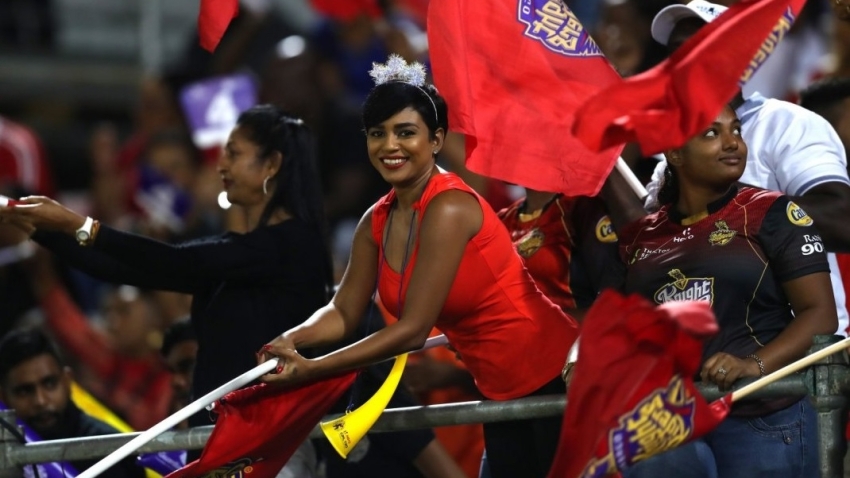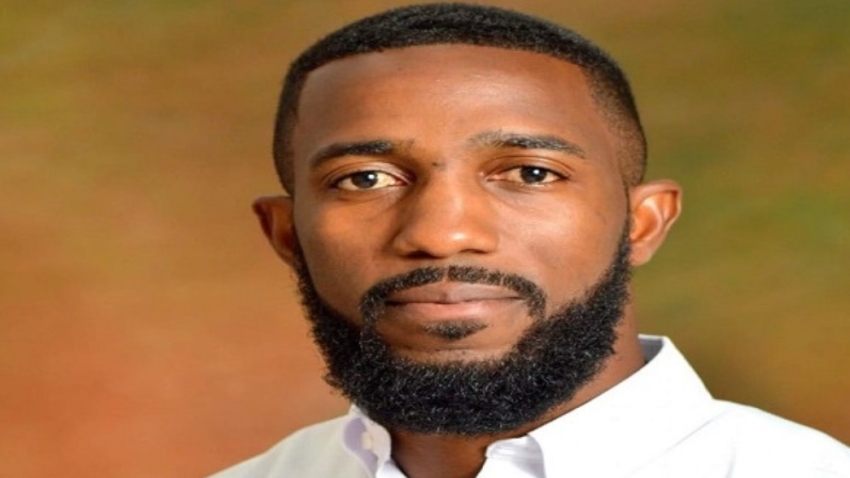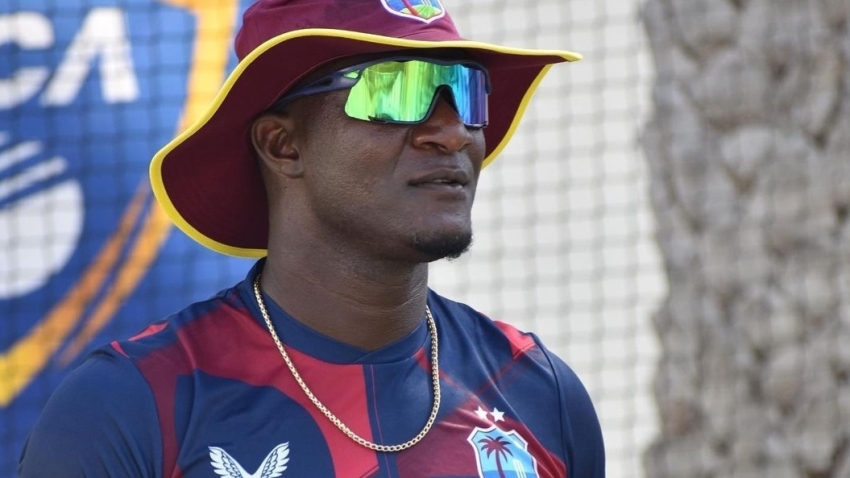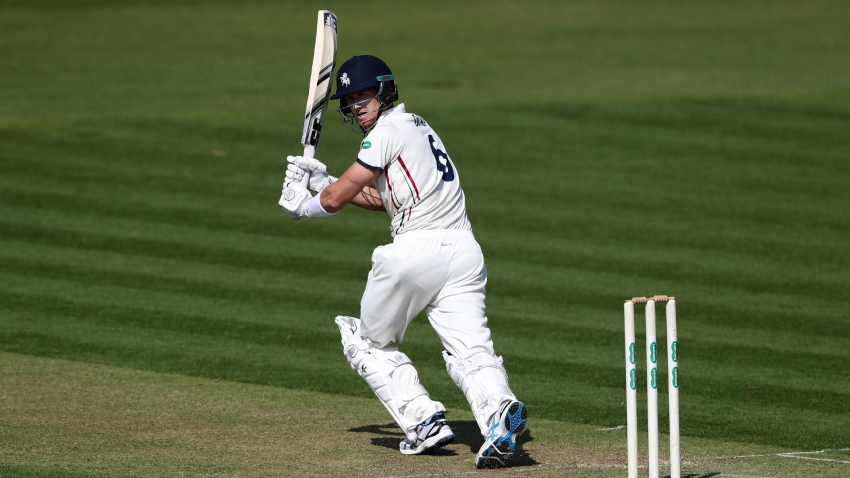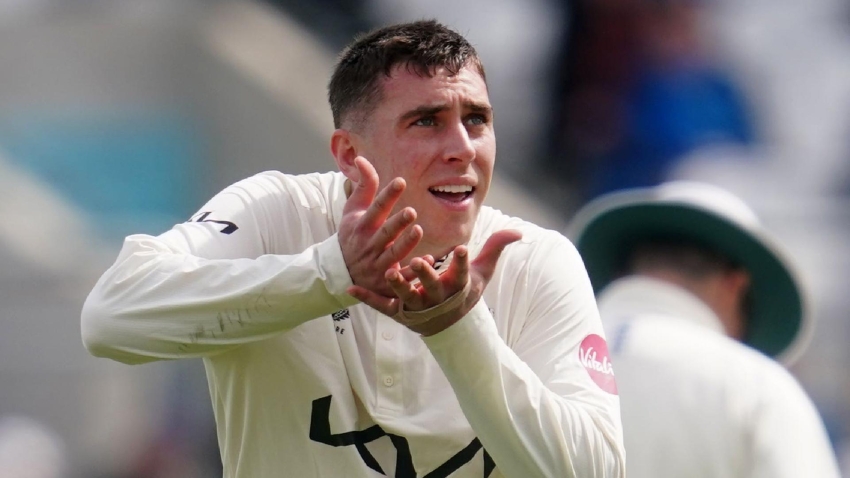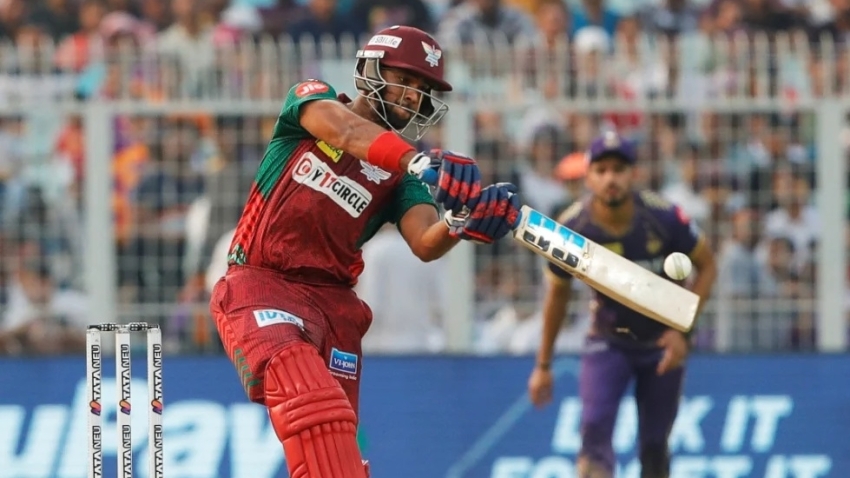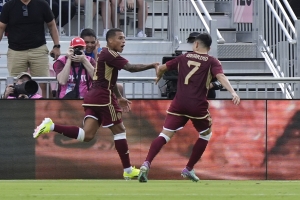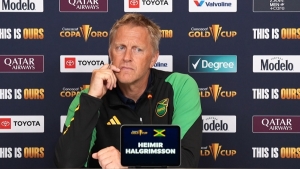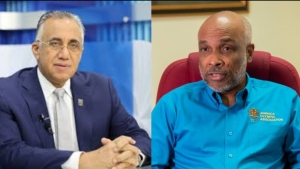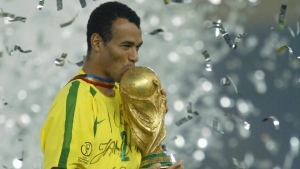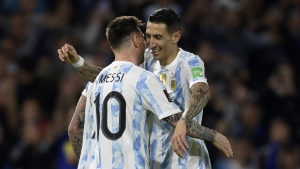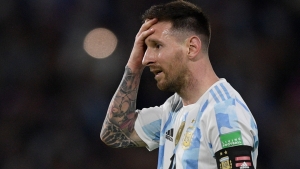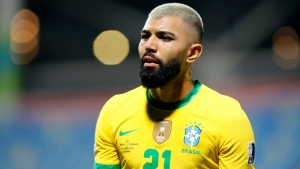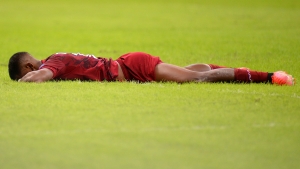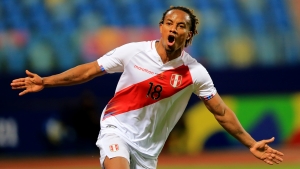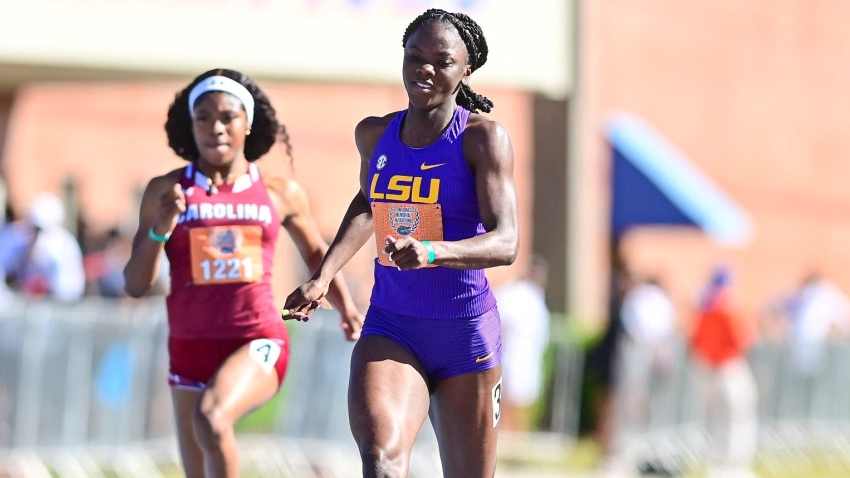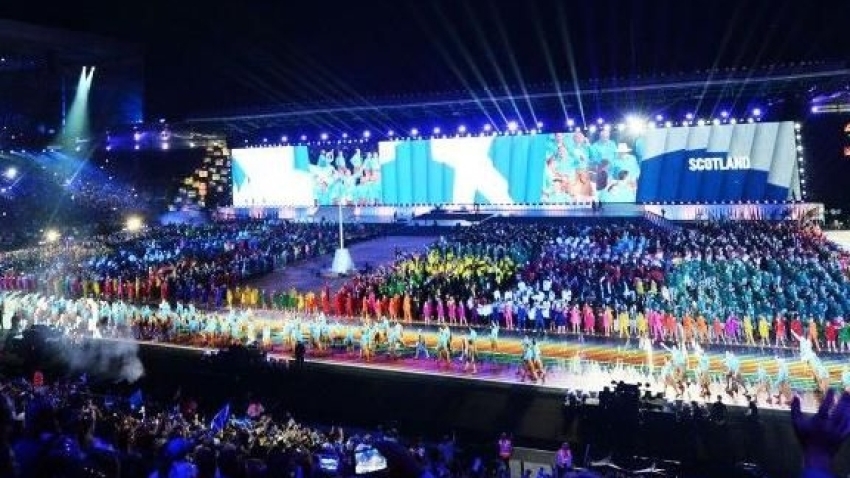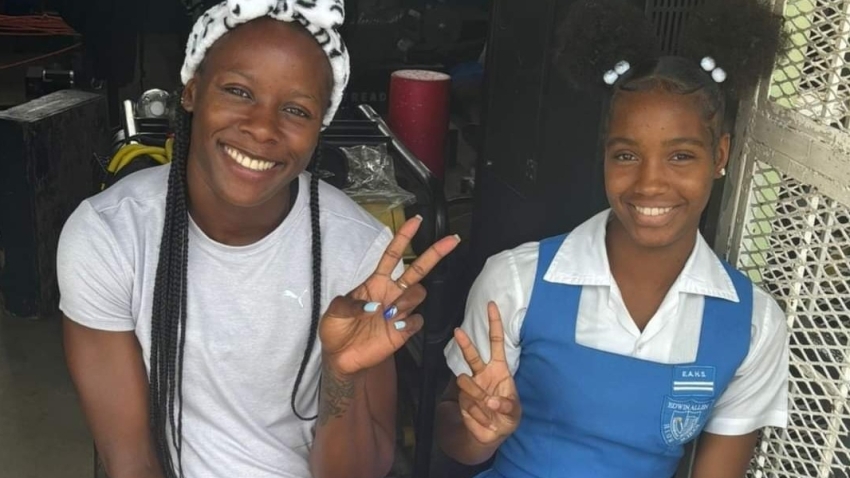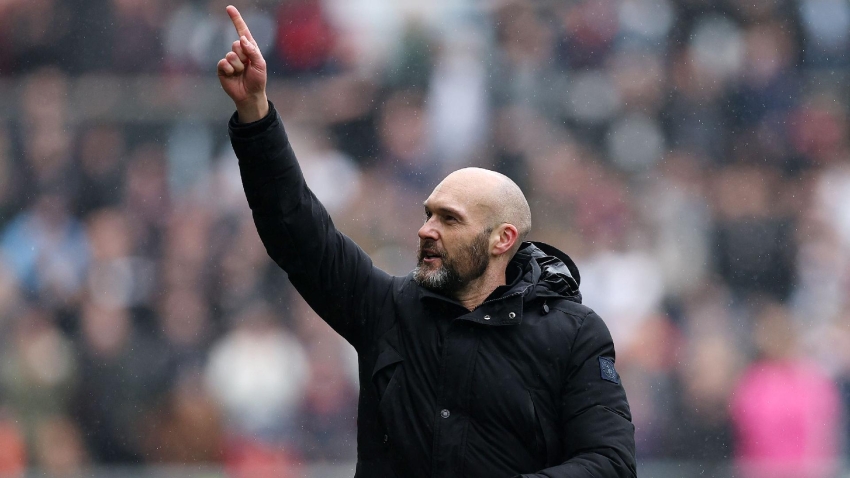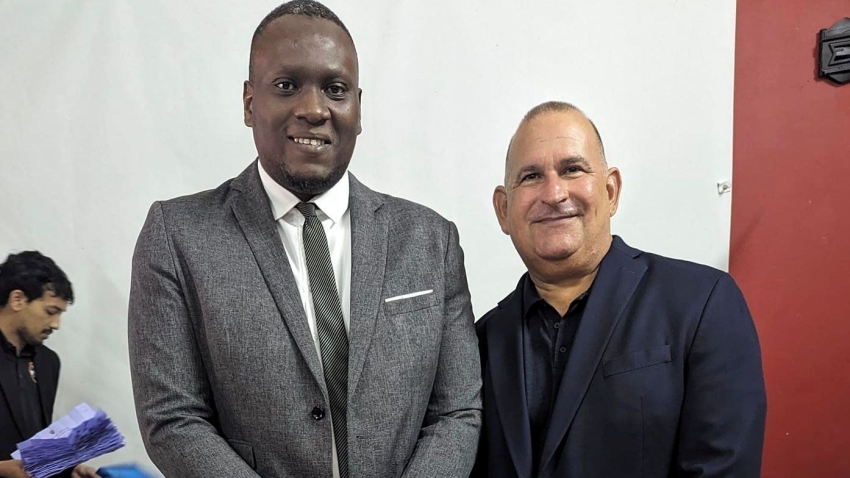Jamaica’s senior Reggae Boyz Head coach Heimir Hallgrimsson knows his team is in for a tough time given their draw for next year’s CONMEBOL Copa America but fancies their chances of beating the odds.
This, as their Group B opponents –Mexico, Venezuela and Ecuador –are all familiar foes to some extent, and given the significant improvements in terms of the quality of players his Reggae Boyz squad now boats, Hallgrimsson believes the group is going to produce some very interesting matches.
Though this will be his first time leading the Reggae Boyz in the prestigious Copa America, the occasion marks the third time Jamaica will grace South American tournament, after appearances in 2015 when they faced Uruguay, Paraguay, and Argentina, and 2016 when they opposed Venezuela, Mexico, and Uruguay.
“I didn't know much about Venezuela, but after thinking, it's tough teams really, all the three teams. If I can say something similar about them all, is that they are competitive, really hard working, and all of these nations play enthusiastic and tough tackling football. So, it's all tough, tough opponents, but I think it's quite an equal group,” Hallgrimsson said.
“So that means, I don't think any team will be a runaway winner with nine points in this group. I think all teams will have a chance against each other, so it is quite an equal group. There is not a team that anybody can take for granted, and I don’t think there is a team that will be a runaway winner,” he added.
While Jamaica has squared off against Mexico and Venezuela a number of times over the years, they have only faced Ecuador three times in 2009, 2011 and 2018, losing two of those games 2-5 and 0-2, while the other ended in a goalless stalemate.
“So, in that sense if we prepare well and get our points, we will always have a chance to progress from this group, but I think all the teams will think the same. So, that is my feeling and after looking at the opponents I feel a little bit better,” Hallgrimsson declared.
“I didn't know much about Venezuela, I knew a little bit about Ecuador, and of course, we know a lot about Mexico, but I think that everyone has a chance in these games. So, all teams can pick points from each other,” he noted.
Having produced a stunning comeback to better Canada in the Concacaf Nations League quarterfinal recently, Hallgrimsson pointed out that their preparations will be focused on maintaining that momentum in the semi-final against United States, before turning their focus to the Copa America in June.
“We had already made a plan what was going to happen. So, the early months of the year, in January, maybe half of February, we'll go in Jamaica for domestic players. Hopefully we will get a friendly against a Caribbean nation or maybe in United States. So, in January US-based players can also play these matches.
“But the plan was always to focus on the domestic based players in January and maybe beginning of February. Then from maybe mid-February, we have to think about the Nation's League semifinal against US. So, we turn our focus to that project and then of course after that we will have the draw for the World Cup (qualifying) games,” the Icelandic coach shared.
“So that will be complete focus on those games. So, we are kind of forced to turn our focus to the next project all the time and then after the World Cup (qualifying) games we we've turned our focus to the Copa America. So that is our plan, it's a full schedule and we have to be really focused on every project, because all of these matches are important,” he ended.
Jamaica will open their campaign against Mexico on June 22, Ecuador on June 26, before completing their Group Stage matches against Venezuela on June 30.
In other group pairings, the United States finds itself in Group C alongside Uruguay, Panama, and Bolivia. Group D is set to witness a showdown between Costa Rica or Honduras against heavyweights Brazil, Colombia, and Paraguay. Group A promises a tough challenge for Trinidad and Tobago or Canada, who will face off against World Cup champions Argentina, Peru, and Chile.


